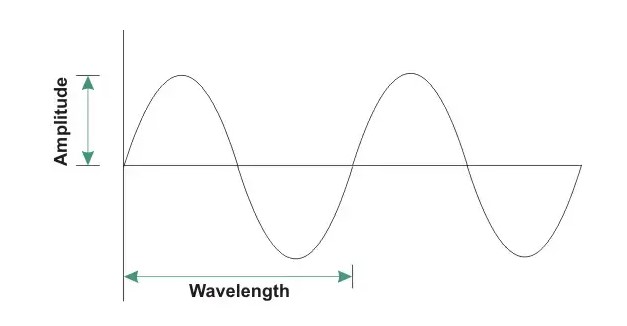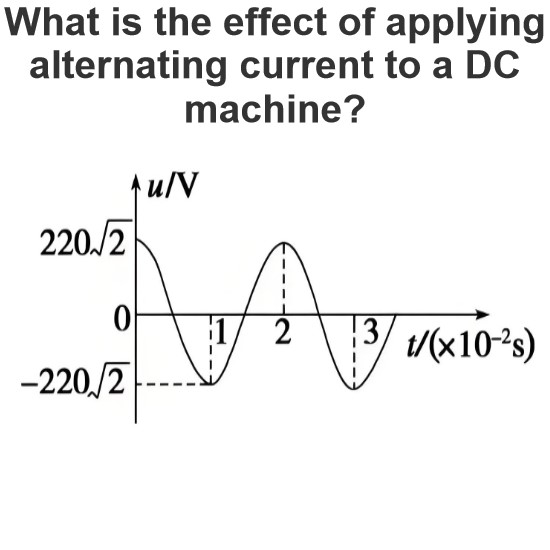What is a Sinusoidal Wave Signal?
What is a Sinusoidal Wave Signal?
Sinusoidal Wave Signal
A sine wave signal is defined as a periodic signal with smooth and repetitive oscillations based on a sine or cosine function.
Mathematical feature
It can be expressed as y (t) = A sin (ωt + φ), where A is the amplitude, ω is the angular frequency, and φ is the phase.

y (t) is the signal value at time t
A is the amplitude of the signal, i.e. the maximum deviation from zero
f is the frequency of the signal, that is, the number of cycles per second
ω= 2πf is the angular frequency of the signal, that is, the rate of change of the Angle, expressed in radians per second
φ is the phase of the signal, that is, the initial Angle at time t= 0
Application of Sinusoidal Wave Signal
Audio system
Wireless communication
Electric power system
Signal analysis
The Electricity Encyclopedia is dedicated to accelerating the dissemination and application of electricity knowledge and adding impetus to the development and innovation of the electricity industry.













